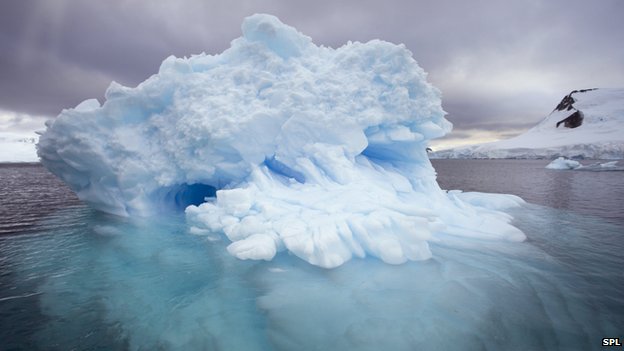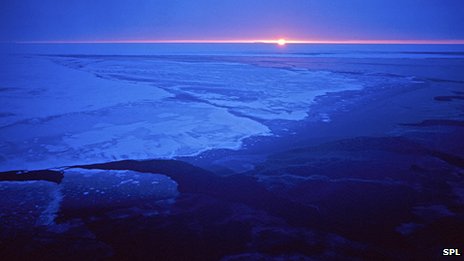By Keith Kloor | May 16, 2013 12:50 pm
This will definitely stir up some posters here.
Read more @ A New Climate Survey Tells Us What? : Collide-a-Scape
The comment, these kind of results are made for lazy journalists?
This will definitely stir up some posters here.
Sometimes I think the climate debate remains stalled because those who are most concerned refuse to ask the pertinent questions. Instead, they keep refighting old battles that are no longer relevant to a constructive discourse. The latest example is this survey by John Cook et al that is getting a lot of undeserved attention in the mainstream media. I say that because, questionable methodology aside, the survey tells us nothing new and is, as science journalist David Appell noted, a meaningless exercise.
Read more @ A New Climate Survey Tells Us What? : Collide-a-Scape
The comment, these kind of results are made for lazy journalists?




